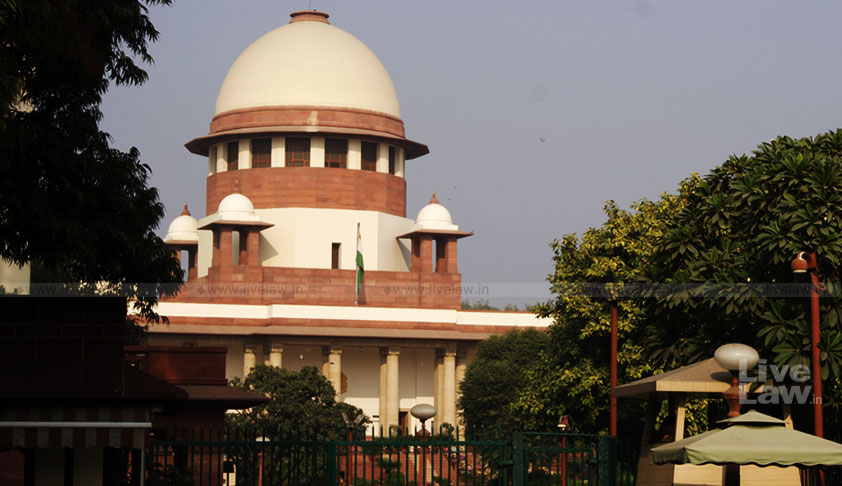Next Story
5 Oct 2018 10:58 AM IST
Chief Justice of India Ranjan Gogoi has impelled the expectations of Advocates on designation as Senior Advocate since he is expected to fast-track the process which has been suffering procrastination despite his popular directions on judicial side issued on 16 October 2017.The Parliament, following the English practice of designation of Barristers as Queen’s Counsel, has vested in the...

